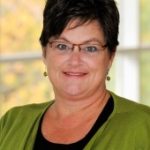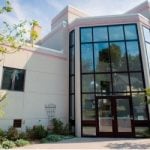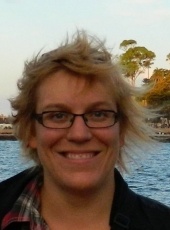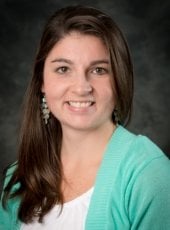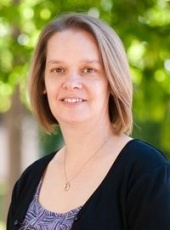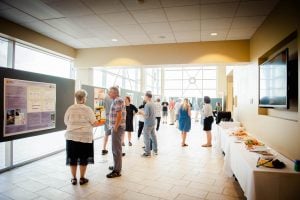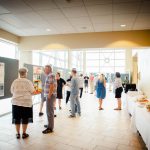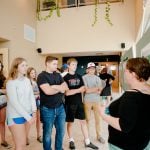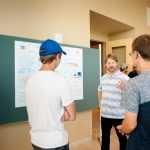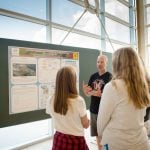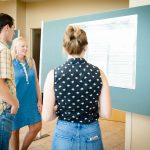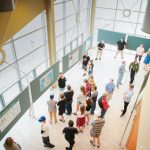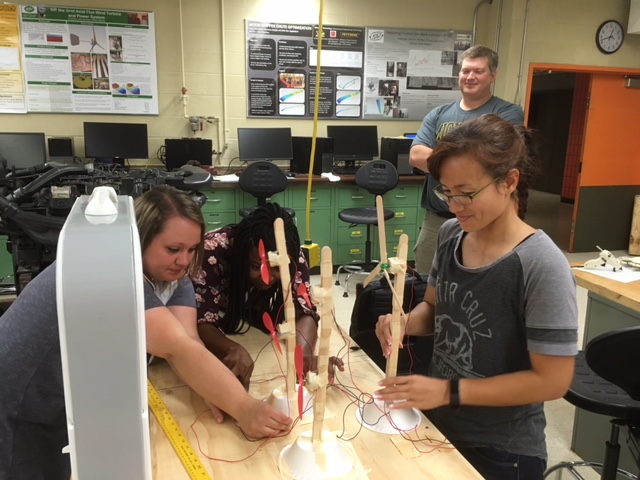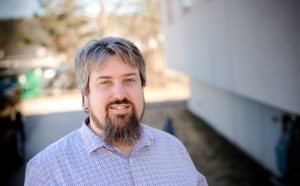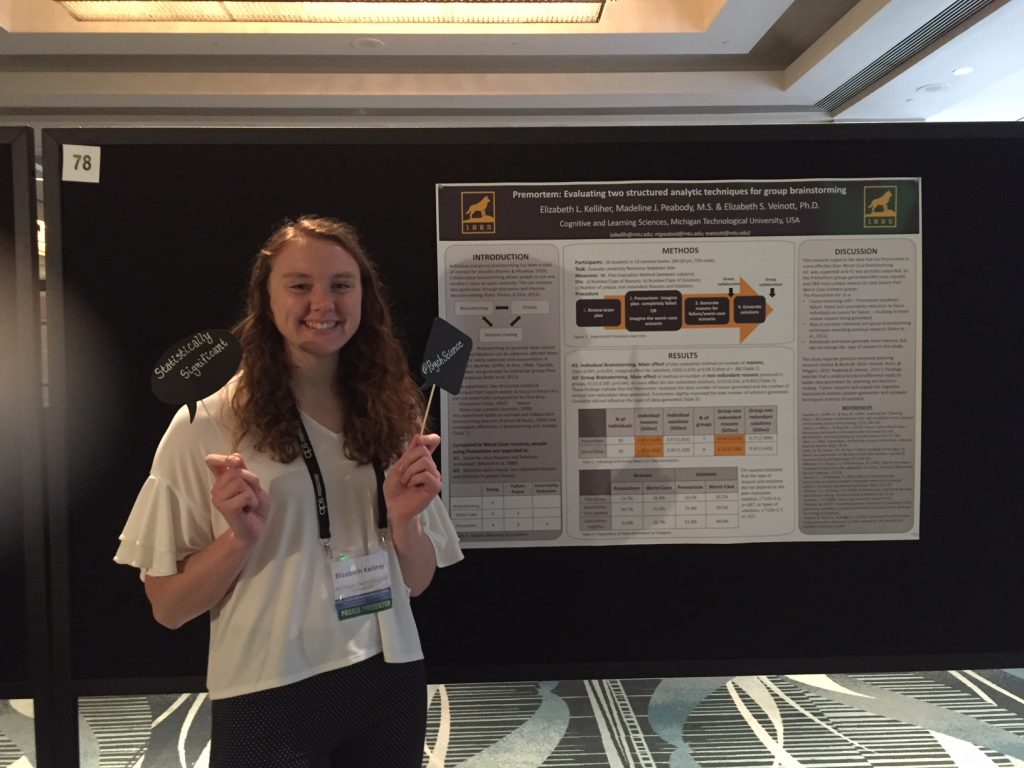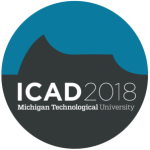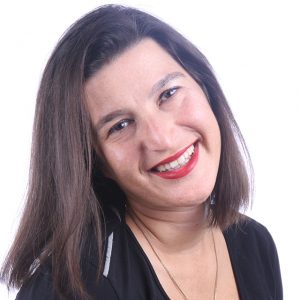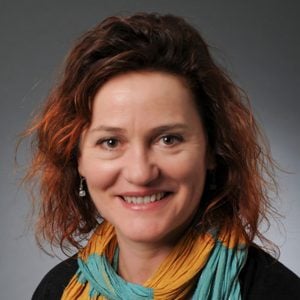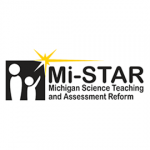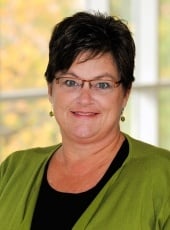 Co-founders of the highly successful semi-annual free sale at Michigan Tech were featured in a segment on TV6 news on Monday evening. Female faculty began the free sale five years ago due to limited local options for women’s business attire.
Co-founders of the highly successful semi-annual free sale at Michigan Tech were featured in a segment on TV6 news on Monday evening. Female faculty began the free sale five years ago due to limited local options for women’s business attire.
Ready to clean out your closet and help students at the same time? Consider donating your gently used, clean women’s business clothing and accessories to the Free Sale. Your items will be available to all Michigan Tech students at no cost. Donations help provide students with business attire for the fall career fair. Sizes 12 and up are particularly needed this year.
It has become kind of a passion of mine and I think the reason why is because when you see those students stand taller, look a little prouder and realize that they do look wonderful and their gratefulness that they have when they are leaving is just, I think, what inspires us to keep going — Susan Amato-Henderson, Cognitive and Learning Sciences Department chair.
The next semi-annual Free Sale will be held from 11-3 p.m. Saturday, Sept. 29, at the Meese Center. Donations are now being accepted during normal business hours at the following locations:
- Van Pelt and Opie Library – Front Desk and Jeannie DeClerk’s office, 219
- Lakeshore Center – Pat Muller’s office, 320 A1
- Academic Office Building – First Floor and Latika Gupta’s office, 128
- Dillman Hall – Tess Ahlborn’s office, 108A
- Meese Center – Susan Amato-Henderson’s office, 107
The semi-annual Free Sale is held the weekend before Career Fair. Your donations have helped hundreds of students dress for success. In addition to business suits, we gratefully accept and give away business-appropriate shoes, jewelry, blouses, briefcases, blazers and more.
We are in particular need of larger sizes. Want to volunteer and join the fun? Contact Tess Ahlborn for more information.
